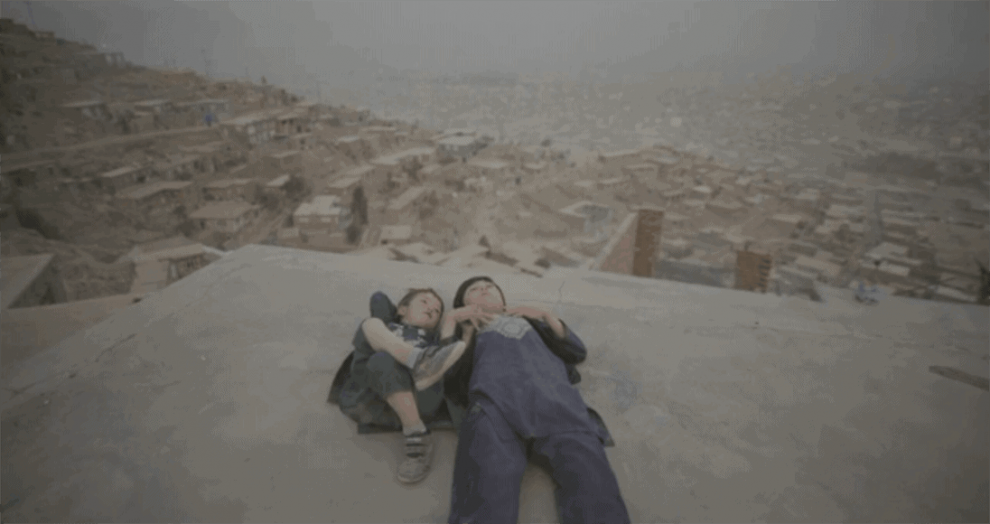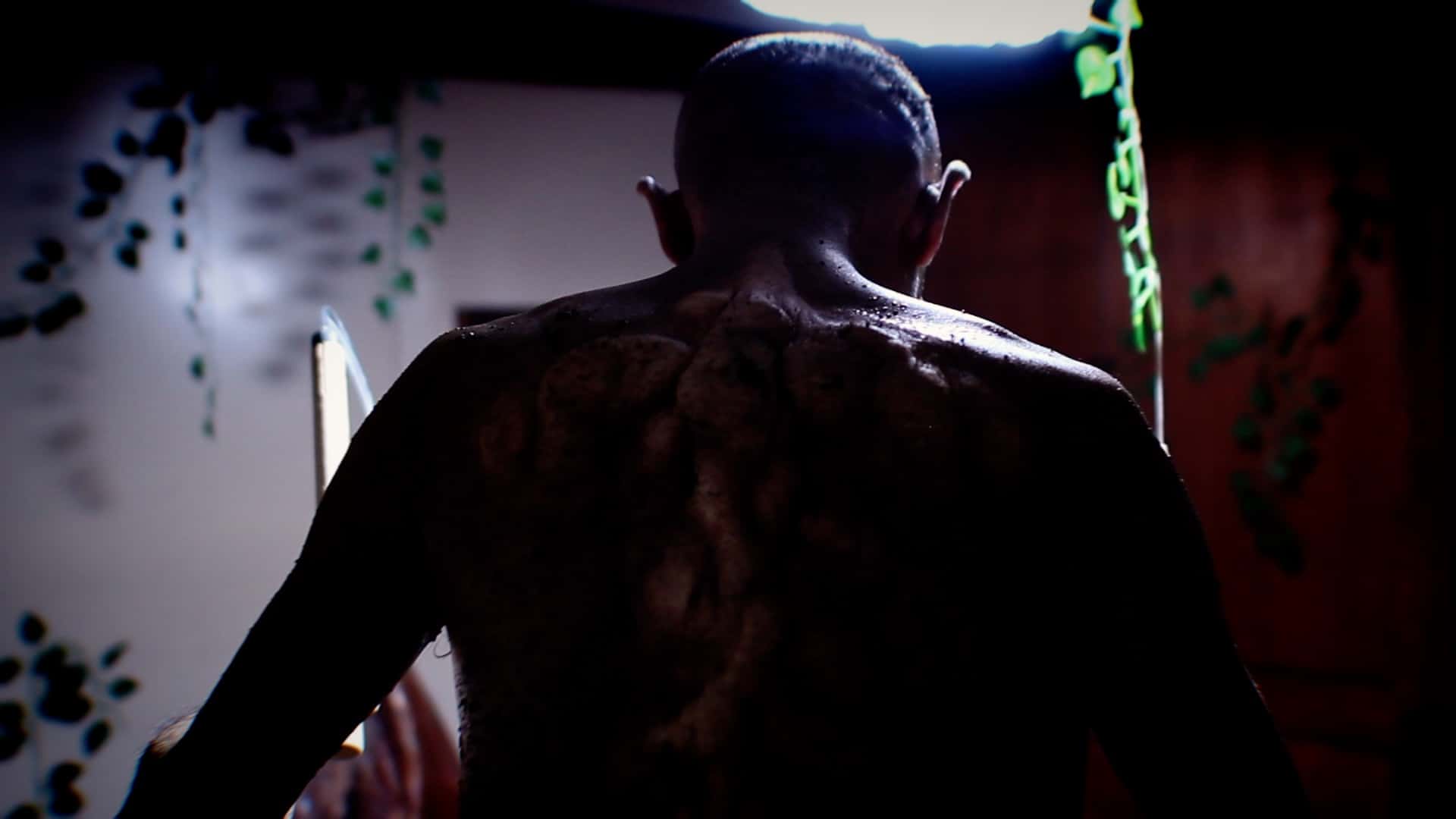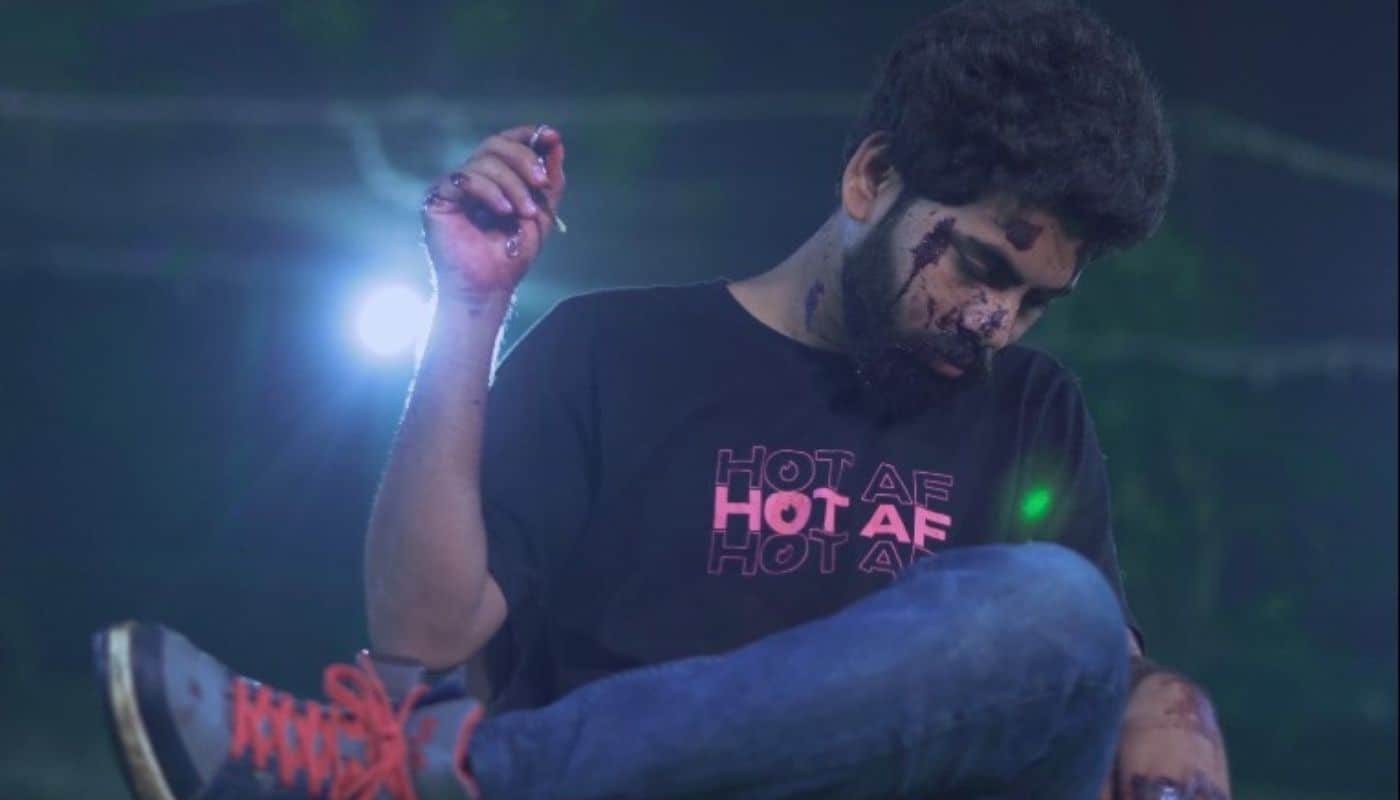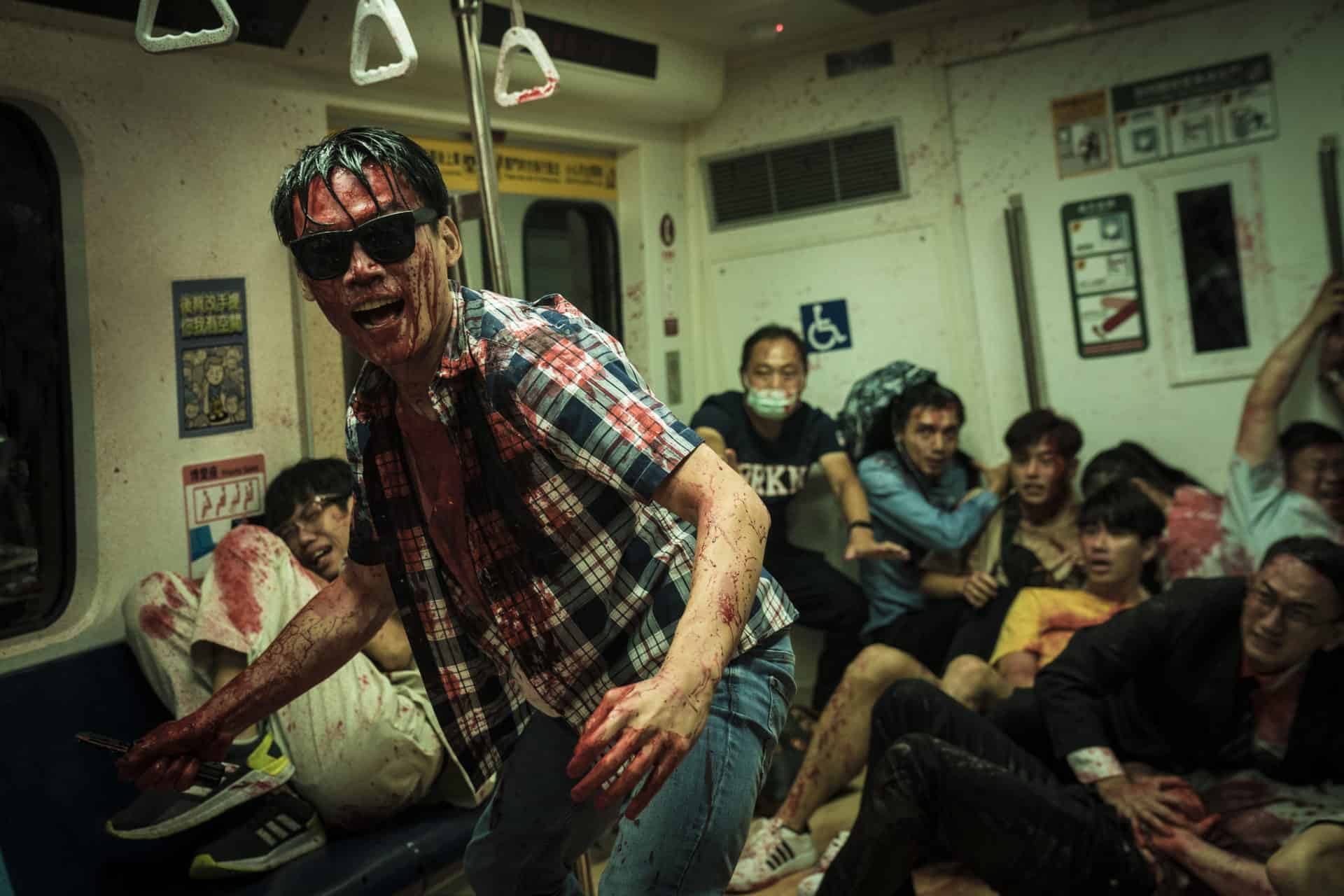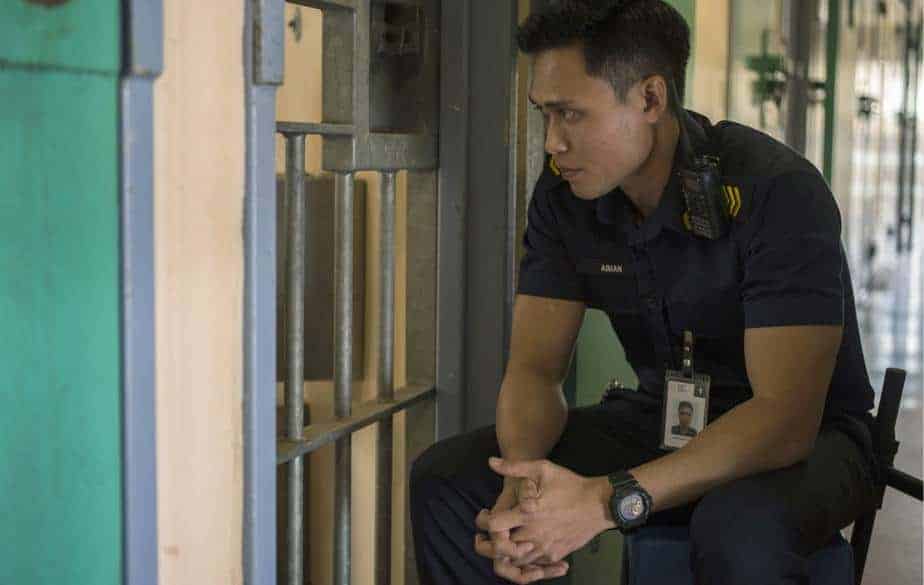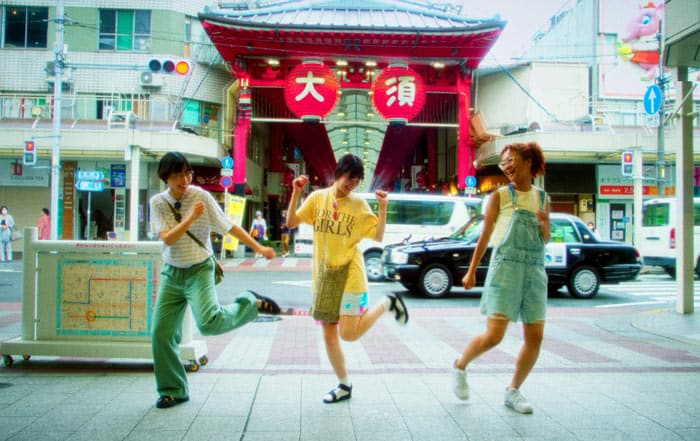Afghan director Aboozar Amini's first feature documentary “Kabul, City in the Wind” was selected to open the International Documentary Film Festival Amsterdam (IDFA) and, after a passage at the Sheffield Doc Fest, is now in London for its UK premiere, courtesy of Aperture: Asia & Pacific Film Festival.
“Kabul, City in the Wind” is screening at Aperture: Asia & Pacific Film Festival

Amini fled Afghanistan when he was a teenager, lived and studied film in the Netherlands only to return to Kabul in 2009 and start thinking about portraying his city through the perspective of the little people.
In a city that is defined and narrated solely by war, Amini choses to look for the life that fills the crevices between a bombing and an attack, and to do so he follows the ordinary people, those who are not in the spotlight and yet are left to pick up the pieces every day.

One of them is Abas, a charming bus driver who is struggling to keep up the payments for his vehicle and also to keep the crumbling vehicle itself up and running. Behind his smile, between a consoling song every now and then, he hides lots of concerns about the future and lots of sorrow about the past. “Looking back on my life, I've had only 10% of peace”. Let's just sink this for a second…
Afshin, almost a teenager and his little brother Benjamin are the other objects of Amini's observation. We first see them with their dad, visiting a memorial graveyard dedicated to the victims of the suicide bomber attack in Deh Mazang Square that killed 80 and injured hundreds of peaceful demonstrators in July 2016; within the victims was the best friend of the boys' dad, who is taking the boys for a tour of the dead. Sadly, it's just an ordinary family day out in Kabul.

Back in town, Abas is endlessly working on the bus engine, trapped in a race against debts and repossessing. He confesses a minor scam he had attempted and that now is causing him lots of problems and pressure. Like a bitter joke, in a country torn by injustice, he is part of those who can never get away with anything.
Afshin and Benjamin's dad is going away, he's been advised to hide for safety in Iran (!) and Afshin is given the premature task of being the man of the family in his absence. The camera follows the boys in their daily chores, buying sugar, watering the plants and during their playtime, kicking a can, exploring an old Soviet tank, riding someone else's bike pretending they are interested in buying it. Little Benjamin keeps singing: “Yellow kitty, stay home, don't go to war, you may die”
War is everywhere, it has stained the streets, the clothes, the dreams and the lullabies of this humanity, guilty only of being born in a disgraced place. At times Amini's camera is fixed on the protagonists' faces in potent close-ups. They whisper their fear of crowded places and their night dreams filled with symbols of anxiety and simmering terror. Their frowning eyes are compelling, their voices eerie and haunting.

Both the aesthetic and storytelling styles of the documentary are contemplative and essential. Playing with the negative spaces, Amini is using the ordinary life of ordinary people to highlight the extraordinary situation in which they are. Life goes on despite all, but this is not of any solace.
The photography is only one of the beautiful qualities of this documentary. Everything is bathed in a de-saturated melancholic light; from the highs of the roofs, Kabul seems to go on to infinite, melting away in a sky that is always the colour of a sand-storm.
As opposite to the powerful assertiveness that the sporadic and sudden close-ups convey, Amini's way of framing the subjects in a deep field, makes us feel the overwhelming vertigo of their mortality.


